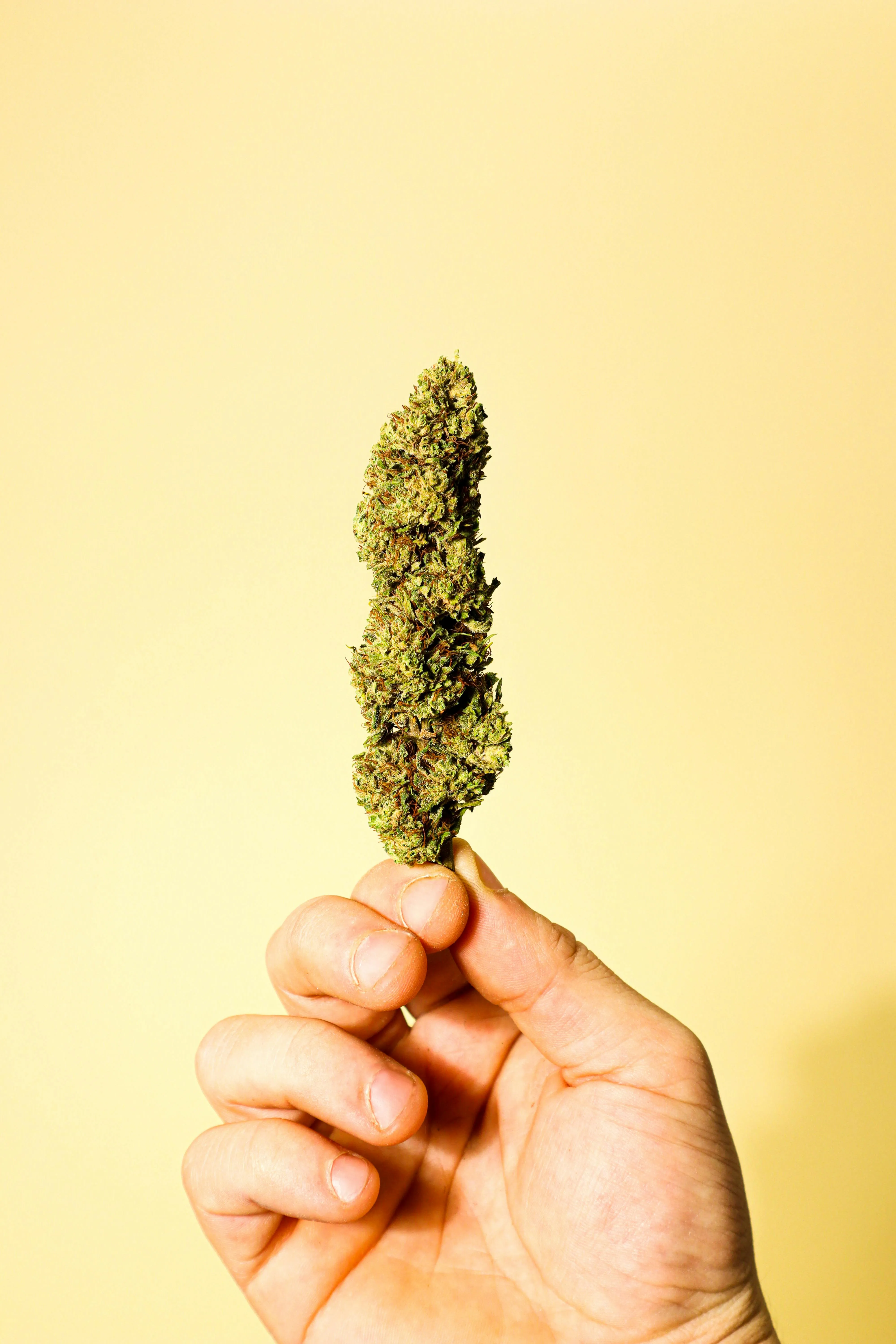Beware the Beautiful: Jimsonweed and Its Hidden Dangers
Jimsonweed, also known as devil’s snare or moonflower, is a fascinating plant with large, trumpet-shaped flowers that bloom in shades of white, pink, and purple. It often pops up unexpectedly along roadsides, in fields, and even neglected gardens, adding a touch of unexpected beauty to the landscape. However, this alluring flower hides a dangerous secret: it’s highly poisonous.
While jimsonweed might seem tempting with its delicate blooms and intriguing history linked to folk medicine, remember – looks can be deceiving! This plant contains potent tropane alkaloids like scopolamine, atropine, and hyoscyamine. These chemicals act on the nervous system, disrupting normal bodily functions and potentially leading to serious health consequences.
Understanding the Risks:
Consuming any part of jimsonweed, whether intentionally or accidentally, can lead to a range of symptoms depending on the amount ingested. Some common effects include:
* Dilated pupils: Jimsonweed toxins affect the muscles controlling your eyes, causing them to widen significantly.
* Rapid heartbeat and flushed skin: The alkaloids stimulate the heart, leading to a racing pulse and redness in the face and chest.
* Dry mouth and difficulty swallowing: Jimsonweed interferes with saliva production, making it hard to swallow and speak.
* Confusion, hallucinations, and delirium: The plant’s effects on the brain can cause disorientation, distorted perception of reality, and vivid hallucinations.
In severe cases, jimsonweed poisoning can lead to:
* Seizures
* Coma
* Respiratory failure
* Death
Safeguarding Yourself and Others:
Protecting yourself and others from jimsonweed requires awareness and caution. Here are some essential safety tips:
* Identification is Key: Familiarize yourself with the appearance of jimsonweed. It has large, trumpet-shaped flowers, thorny seed pods, and oval leaves with toothed edges.
* Avoid Contact: Never touch or handle jimsonweed without wearing gloves. The toxins can be absorbed through the skin.
* Keep Children and Pets Away: Supervise children and pets closely in areas where jimsonweed may grow. Teach them to recognize and avoid the plant.
What to Do if Exposed:
If you suspect someone has ingested jimsonweed, or if you’ve come into contact with it and are experiencing any symptoms, seek immediate medical attention.
Remember, there is no home remedy for jimsonweed poisoning. Prompt medical care is crucial for proper treatment and recovery.
Enjoying Nature Responsibly:
Jimsonweed serves as a reminder that beauty can sometimes mask danger. While appreciating the natural world, it’s important to prioritize safety and knowledge. Never eat any wild plants unless you are absolutely certain of their identity and edibility.
If you have questions about identifying plants or potential hazards in your area, consult local gardening experts, nature centers, or university extension services for reliable guidance.
By respecting the power of nature and taking necessary precautions, we can enjoy its beauty while staying safe and informed.